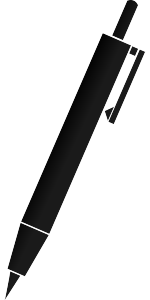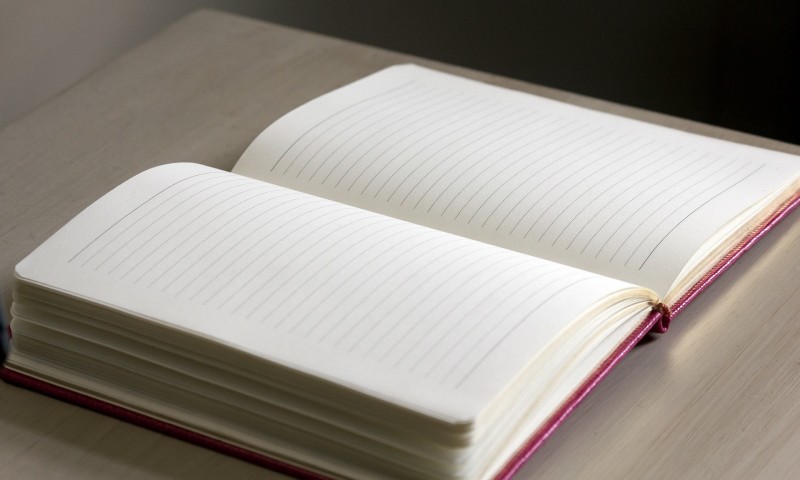Tracking your daily progress and goals on the journey with weight and health is a great way to stay focused and accountable! For many people, a food journal is an important tool that keeps them on track and conscious of their nutrition decisions. By logging each meal inside your journal, as well as your overall nutrition goals, you’ll have the ability to think critically about your food habits and make healthier changes to your lifestyle.
However, there’s more to keeping a helpful food journal than simply writing down each of your meals and going on with your day. Below, we offer a few key tips for creating and maintaining a journal that can help you find long-term success on your journey with weight and health. Let’s get logging!
Start Your Food Journal and Stick to it with these Tips!
To reap the maximum benefits from your food journal, consider the following general guidelines:
- Digital or Print? – Do you prefer typing on a keyboard or using a standard pen, pencil and paper? Whichever method of writing you most prefer should determine the kind of food journal you create. Your journal may take the form of a physical notebook, a digital memo pad inside of your phone or laptop, or even exist inside of an app. Go with whatever method you’re most likely to commit to!
 Aim for Accuracy – If you’re wanting to pay close attention to the amount of calories you’re consuming, record your meals with as much detail as you can. What exactly did you eat? How many serving sizes was it? About how many calories does it equate to?
Aim for Accuracy – If you’re wanting to pay close attention to the amount of calories you’re consuming, record your meals with as much detail as you can. What exactly did you eat? How many serving sizes was it? About how many calories does it equate to?- Record Your Activity- Were you sitting at your work desk? Were you watching television, or eating at your table? Noting the activity you were doing while eating can help you think critically about the types of behaviors that affect your food intake. Behaviors such as sitting on the couch in front of the television, for instance, may make it easier to overeat.
- Write Down Your Emotions – Your journey with weight and health is more than just a number on a scale. It’s about how you feel, both physically and mentally, which can be affected by your relationship with food. Jotting down those emotions can help you to see where you need mental improvement, which will in turn affect your physical improvements.
- Practice Honesty – Being honest with yourself can only help you improve and reach your goals. If you ate something you didn’t intend to eat, or consumed more calories than you would have liked, go ahead and write it down truthfully.
- Review Each Day’s Progress – At the end of each day, look back at your journal entries and assess your progress. Ask yourself, “Did I accomplish my goals today? What were some areas I need to work on? What did I do today that I can feel proud about?”
No matter where you are on your journey with weight and health — even if you’re just trying to maintain your progress— keeping a detailed food journal is an excellent way to stay focused and on track. Use this tool to help you practice mindful eating and to improve your nutrition habits!
Want More Helpful Tools for Your Journey?
For additional tools you can use to stay accountable, stay focused and stay on track, please CLICK HERE.





